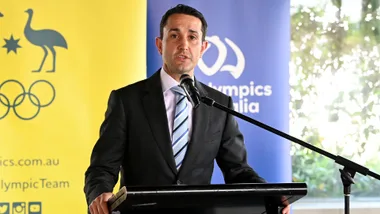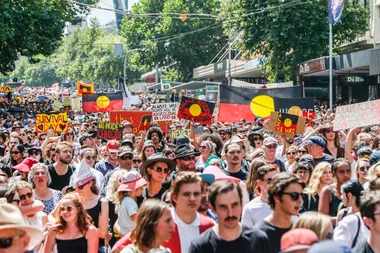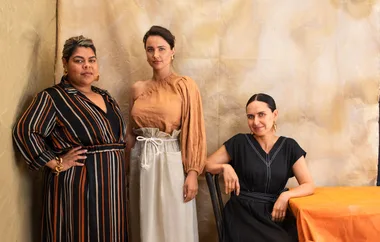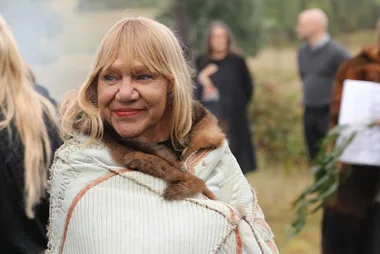Queensland’s newly-elected Liberal National party has hit the ground running on its first day of the new parliament, rushing through a bill to repeal the state’s historic Path to Treaty Act and end its Truth-telling Inquiry, effective immediately.
The significant legislation introduced on Thursday 28 November by David Crisafulli and his LNP party as part of the ‘Brisbane Olympic and Paralympic Games Arrangements and Other Legislation Amendment Bill 2024‘, has put a stop to the Queensland Truth-telling and Healing Inquiry just five months after it began.
Passing the urgency motion, despite the opposition and independent members calling for due parliamentary inquiry, the majority government was able to force the legislation through before the end of its first sitting day.
Bearing witness to the events were around 60 Aboriginal and Torres Strait Islander young people participating in the annual Eric Deeral Indigenous Youth Parliament, who watched on from the public gallery, as it unfolded before their eyes.
Former Labor minister for Aboriginal and Torres Strait Islander partnerships Leeanne Enoch addressed the floor, admonishing the government for “sneakily and disrespectfully tacking the repeal of the Path to Treaty Act onto this bill.”
“Today these young people witnessed the Crisafulli LNP government undermine any future relationship between First Peoples of this state and the Queensland Government,” Enoch said.
“The Premier has used his first day in parliament to abuse the processes of this place and show this next generation of Indigenous leaders – and all Queenslanders – that when he says something it means absolutely nothing.”
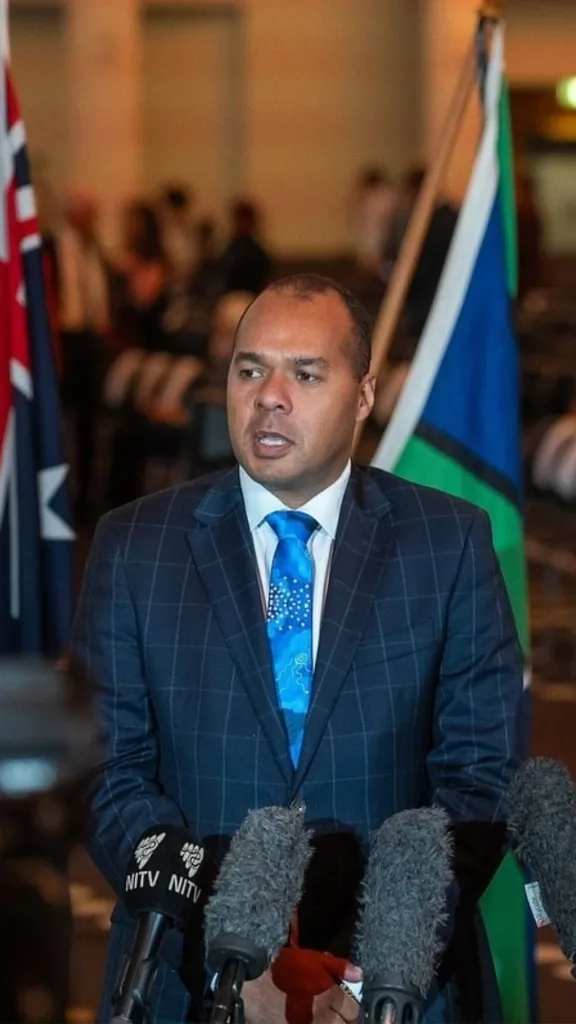
The decision to repeal the legislation and end the truth-telling and healing inquiry was first announced by Crisafulli on October 31, in an address to the media during where the premier doubled down on his party’s election campaign promise to end the state’s “path to treaty process”.
Despite Crisafulli saying he would seek to close the inquiry with “respect and decency,” the news came second-hand to the Queensland Truth-telling and Healing Inquiry chair, Barrister and Waanyi and Kalkadoon man, Joshua Creamer.
At the time of the announcement, Creamer expressed his disappointment in the government’s “hugely disrespectful” decision, noting that he was yet to hear from any members of the LNP party in regards to the comments made.
“There is a lot of suffering, a lot of pain, a lot of hurt in relation to this decision”, he said. “To cease that in the very early stages of our work is a significant step back on the road to reconciliation for the Aboriginal and Torres Strait Islander community.
“I am really genuinely concerned about the trauma of this decision.”
Following last week’s parliamentary push to repeal the Path to Treaty Act and “wind up” the Truth-telling and Healing Inquiry, Creamer said “The government certainty have no interest in listening.”
A final statement from Creamer published on the dedicated Queensland Truth-telling and Healing Inquiry website reads: “The Inquiry was established for a 3-year term, but the new Queensland Government has now terminated it after only 5 months. It is unprecedented in Queensland for a government to end an Inquiry this way.”
“This Bill disregards years of community consultation and First Nations-led processes that led to the Inquiry.”
“This is a lost opportunity for the state and a lost opportunity for our generation.”
A Premier Backflip
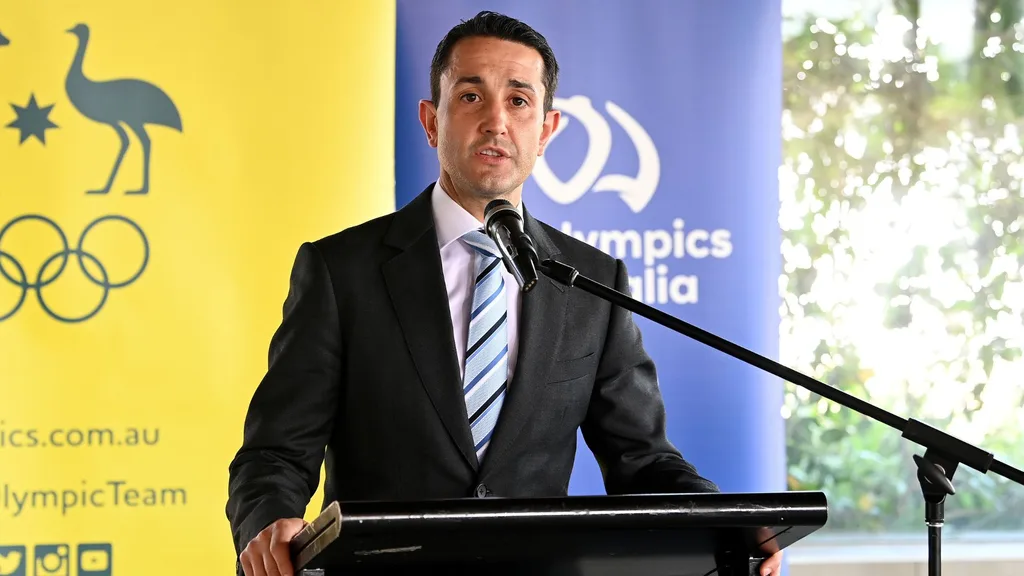
In May 2023, prior to the 2024 Queensland election, then-opposition leader David Crisafulli was one of the total 34 LNP MPs who supported, and voted in favour of, legislation for a path to treaty.
At the time of the landmark legislation, Crisafulli had said that he hoped the bill could provide “the catalyst for true accountability of government”. Speaking to parliament, Crisafulli also said: “I believe in truth-telling and to me that means telling it like it is… We cannot shy away from the real experiences of Indigenous Australians throughout history. We must tell the truth about the real challenges they are facing today.”
All in all – a glowing LNP report for the “opportunities” offered by the historic Path to Treaty Act 2023. That was, until the referendum, where nearly 70 per cent of Queenslanders voted ‘No’, rejecting a voice to parliament.
In a move straight out of the Peter Dutton playbook, Crisafulli announced his party would no longer support a path to treaty, stating that doing so would “lead to greater division, not reconciliation, and I cannot support that.”
Continuing the narrative that equated Indigenous Constitutional Rights with “division”, as spun by the ‘No’ campaign in the lead up to the referendum, the LNP party was quick to jump on the separatist bandwagon despite failing to provide any evidence to support such a claim.
And as the move to dismantle the Queensland Truth-telling and Healing Inquiry and the Path to Treaty Act was playing out in parliament last week, the same rhetoric was used by the LNP when defending the tabled legislation changes.
Enoch, however, in response to the line of reasoning reiterated by LNP Minister for Aboriginal and Torres Strait Islander Partnerships, Fiona Simpson, refuted the correlation, stating that such parallels were not only wrong, but “appalling”.
“The truth-telling inquiry is not divisive, it is not offensive, and it is not the referendum,” Enoch stated in her reply to the member for Maroochydore.
“To continue this falsehood that somehow they are of the same thing is absolutely appalling.”
“Our shared history is not always beautiful. Sometimes it is uncomfortable, sometimes it is ugly, but it is our story. Until we actually embrace it, we will never understand and never be full reconciled as a state. We will never be able to close the gap because we will never accept the truth.”
Life Sentences For Children Show “Society Has Lost Its Way”
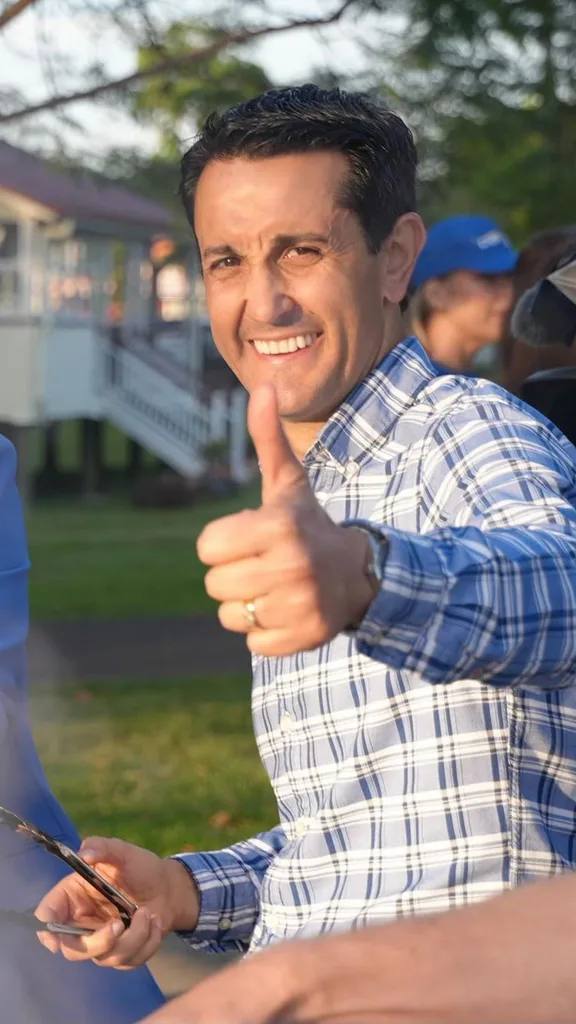
On the same sitting day, David Crisafulli and his LNP government tabled its Making Queensland Safer bill.
Under the Liberal National party’s ‘adult crime, adult time’ pledge Crisafulli vowed to reduce victim of crime numbers in Queensland, a promise he hopes to achieve by committing 10-year-olds to mandatory adult-equivalent imprisonment for the following 13 offences.
Adult Crime, Adult Time offences include:
- Murder
- Manslaughter
- Unlawful striking causing death
- Grievous bodily harm
- Wounding
- Serious assault
- Home and business break-ins and robbery
- Dangerous operation of vehicles
The bill, set to be considered by committee before being debated in December and implemented before the end of the year, doubles the current non-parole period from 10, to 20 years.
As part of the legislation, the proposed bill removes from the Youth Justice Act 1992 both the principle of “detention as a last resort and the principle that a non-custodial order is better than detention for promoting a child’s reintegration into the community.”
The victim-first legislation will also “fully open” the Children’s Court for victims, their families and media, where previously they were closed, and “removes the court’s discretionary power to exclude victims’ representatives and media on the grounds of preventing prejudice”
The bill also amends the Youth Justice Act to provide that a child’s criminal history will be admissible when the person is being sentenced as an adult, for up to five years after the last childhood offence.
Queensland’s Human Rights Commissioner Scott McDougall argues that the government’s harsher laws will not make the community safer, and are in fact, a clear breach of human rights obligations.
“What seems to have been lost is the fact we are talking about children – some as young as 10 years old. We’re talking about children in grade 4, who aren’t old enough to go on a ride at a theme park by themselves, and we are talking about treating them and giving them the same moral culpability we give to adults,” said McDougall.
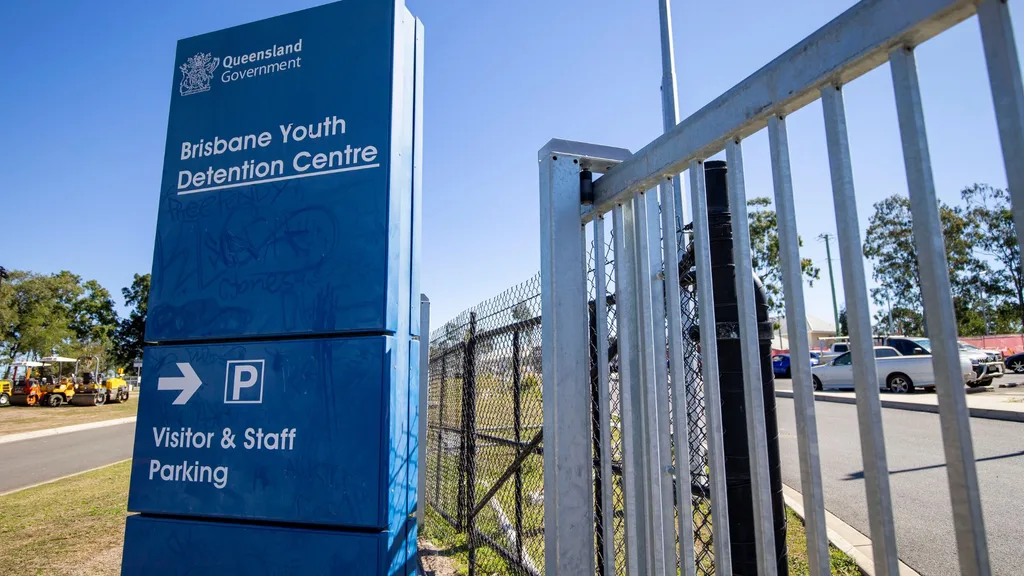
Greens MP Michael Berkman criticised the urgency motion assigned to the bill last week, stating that without adequate time to consider the legislation, mistakes will be made.
“The evidence is incredibly clear on this. The younger kids are exposed to the youth justice system the more likely they are to reoffend and the more likely they are to reoffend more seriously in the future.”
In proposing this bill, the LNP also submitted a statement of compatibility – required under the Human Rights Act – that acknowledges, says the Commissioner “the harm these reforms will do to already marginalised children and young people, including their disproportionate impact on First Nations children.”
“The amendments will lead to sentences for children that are more punitive than necessary to achieve community safety. This is in direct conflict with international law standards”
“Those aren’t my words,” McDouglall said of the LNP’s statement. “They are the words of the government responsible for tabling this legislation.”
“Any society that treats children in the same way as adults is a society which has lost its way. We are all diminished by these laws.”
National Children’s Commissioner Anne Hollonds agrees. “We are failing to protect our children. Frequent breaches of their human rights are inexcusable and a national shame. As a federation we repeatedly ignore our obligations under the UN Convention on the Rights of the Child and have not embedded its principles into a national Human Rights Act and other domestic laws.”
“These are preventable problems of our own making. We are choosing to invest millions more in criminal punishment instead of evidence-based solutions to prevent offending and reoffending that would keep the community safer.
“It’s a choice to ignore the evidence and put politics ahead of prevention.”
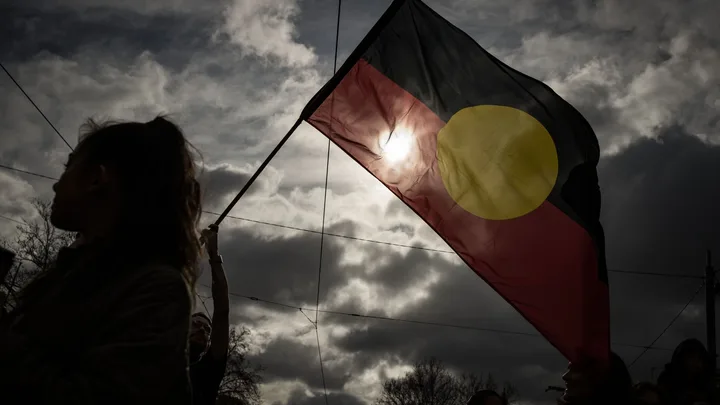 Darrian Traynor/Getty Images
Darrian Traynor/Getty Images
